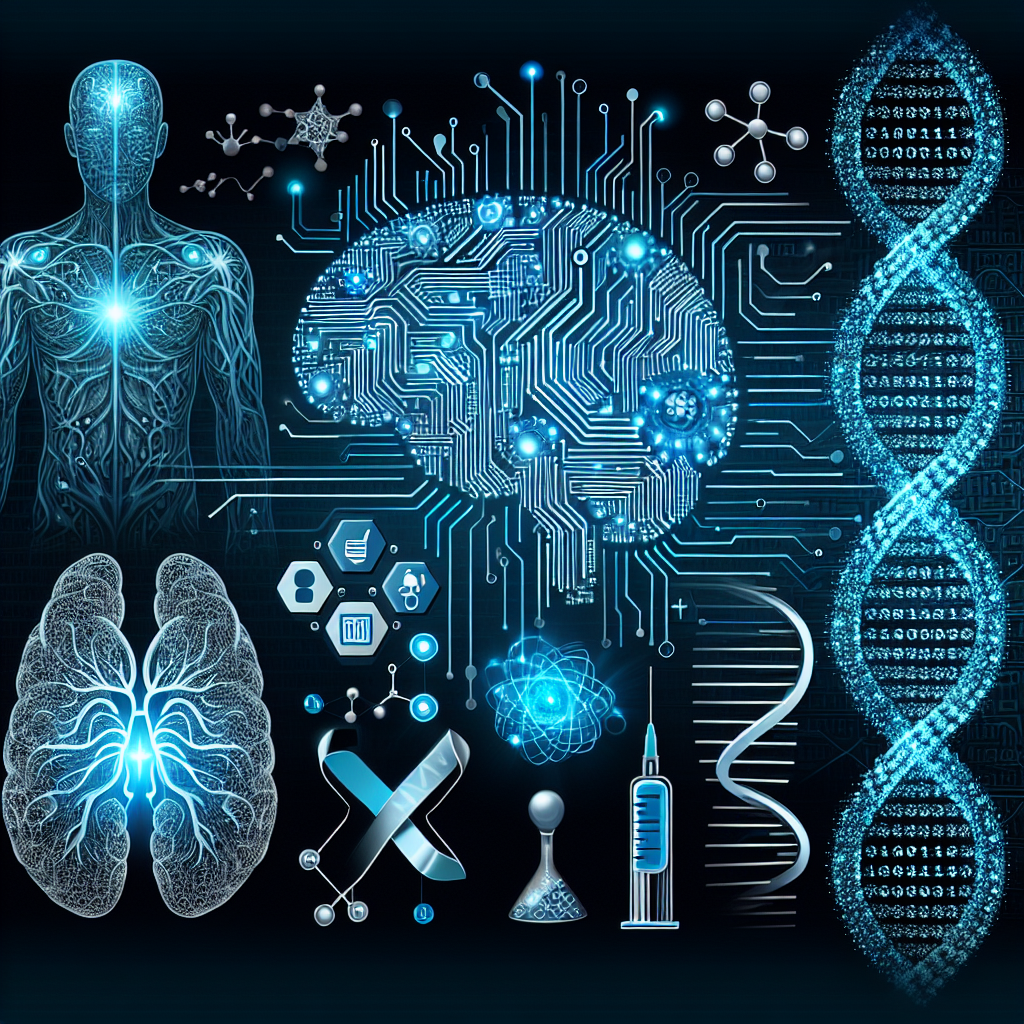Artificial General Intelligence (AGI) is a groundbreaking technology that has the potential to revolutionize healthcare and medical research. AGI refers to machines that possess the ability to understand, learn, and apply knowledge across a wide range of tasks, much like a human being. This level of intelligence surpasses that of narrow AI systems, which are designed for specific tasks such as image recognition or natural language processing.
In the field of healthcare, AGI has the potential to greatly improve patient care, diagnosis, and treatment. By harnessing the power of AGI, medical professionals can leverage vast amounts of data to make more accurate and timely decisions. AGI can analyze complex medical images, such as MRIs and CT scans, to detect abnormalities that may be missed by human eyes. This can lead to earlier detection of diseases and better outcomes for patients.
AGI can also be used to personalize treatment plans for patients based on their unique genetic makeup, medical history, and lifestyle factors. By analyzing large datasets of patient information, AGI can identify patterns and trends that can help healthcare providers tailor treatments to individual patients. This can lead to more effective treatments and better outcomes for patients.
In medical research, AGI can accelerate the pace of discovery and innovation. By analyzing vast amounts of scientific literature, AGI can identify potential drug targets, predict the outcomes of clinical trials, and even suggest new avenues of research. This can help researchers make breakthroughs in areas such as drug development, disease prevention, and personalized medicine.
AGI can also help healthcare providers improve operational efficiency and reduce costs. By automating routine tasks such as scheduling appointments, processing insurance claims, and managing electronic health records, AGI can free up healthcare professionals to focus on patient care. This can lead to shorter wait times, better patient outcomes, and lower healthcare costs.
Despite its potential benefits, AGI also raises important ethical and regulatory concerns. As AGI systems become more advanced, there is a risk of bias, discrimination, and misuse. It is crucial for policymakers, healthcare providers, and technology developers to work together to ensure that AGI is used responsibly and ethically.
In conclusion, AGI has the potential to be a game-changer in healthcare and medical research. By harnessing the power of AGI, healthcare providers can improve patient care, accelerate medical research, and reduce costs. However, it is important for stakeholders to address ethical and regulatory concerns to ensure that AGI is used in a responsible and ethical manner.
FAQs:
Q: What is the difference between AGI and narrow AI?
A: AGI refers to machines that possess the ability to understand, learn, and apply knowledge across a wide range of tasks, much like a human being. Narrow AI, on the other hand, is designed for specific tasks such as image recognition or natural language processing.
Q: How can AGI improve patient care?
A: AGI can improve patient care by analyzing complex medical images, personalizing treatment plans, and improving operational efficiency.
Q: What are some ethical concerns related to AGI in healthcare?
A: Ethical concerns related to AGI in healthcare include bias, discrimination, and misuse. It is important for stakeholders to address these concerns to ensure that AGI is used responsibly and ethically.

